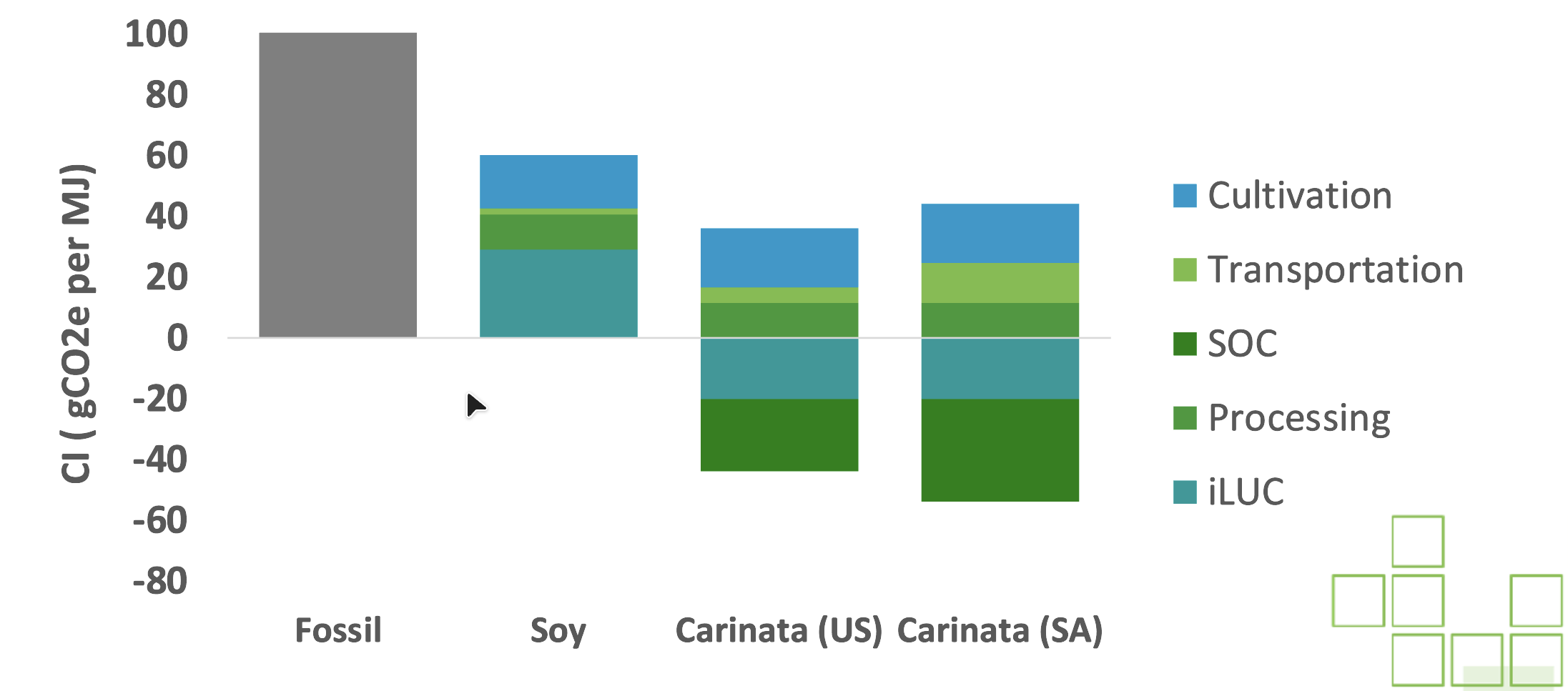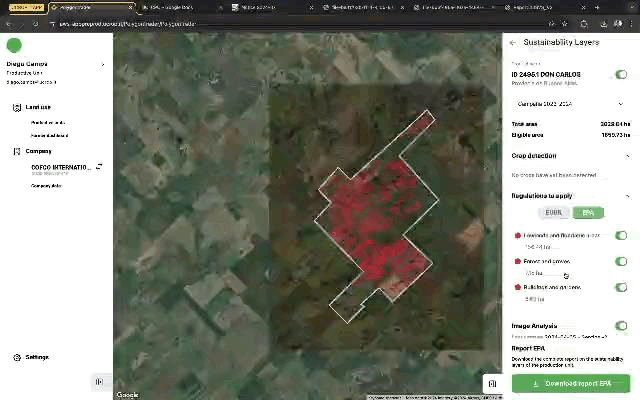In a world increasingly aware of the need for sustainable solutions, ucropit emerges as a strategic ally for aviation, a crucial sector historically associated with high carbon emissions. The key to this transformation lies in Sustainable Aviation Fuels (SAF), an innovation designed to significantly reduce aviation's carbon footprint without requiring drastic changes to existing infrastructure.
The Revolution of Sustainable Aviation Fuels (SAF)
The creation of SAF addresses an urgent need to decarbonize air transportation. Biofuels, one of the most promising alternatives, offer a practical and effective solution compared to the current inability to adopt electric or hydrogen-powered planes on a large scale without profound structural modifications to airport infrastructure and the aircraft themselves.
Advantages of Biofuels in Aviation

- Compatibility with Existing Infrastructure: Biofuels can be used in the turbines of current aircraft without the need for significant modifications. This means that the infrastructure for fuel transportation and storage at airports can remain practically unchanged, facilitating their widespread adoption.
- Similarity in Combustion: The combustion of biofuels is practically identical to that of traditional fossil fuels. This ensures that aircraft can operate with the same efficiency and safety as with conventional fuels.
Environmental Impact
The use of biofuels can significantly reduce carbon emissions compared to fossil fuels. Being produced from renewable raw materials (feedstocks), biofuels create a more closed carbon cycle, where the CO2 released during combustion is partially offset by the CO2 absorbed by plants during their growth.

Incentives and Government Support
In the United States, there are already tax incentives like the 45Z tax credit, designed to promote the production of clean fuels. The 45Z tax credit provides a tax credit for domestic production of clean transportation fuels, including sustainable aviation fuels. To be eligible, producers must be registered in the United States, and the fuels must emit less than 50 kilograms of carbon dioxide equivalent per million British thermal units (CO2e per mmBTU).
Such incentives not only reduce the cost of biofuel production but also encourage companies to invest in more sustainable technologies, accelerating the transition to greener aviation.

ucropit’s Role in Assessing Sustainability
ucropit plays a fundamental role by providing advanced tools to calculate the carbon footprint of crops used as raw materials for biofuels. Our platform enables farmers and biofuel producers to assess and optimize their agricultural practices to reduce carbon emissions from the initial stages of production.
Calculating the Carbon Footprint
Through monitoring technologies and data analysis, Ucropit can provide a detailed evaluation of the carbon footprint of feedstocks. This includes tracking agricultural practices, the use of fertilizers and pesticides, and waste management, among other factors. By identifying areas for improvement, farmers can adopt more sustainable practices that contribute to lower greenhouse gas emissions.

Cover Crops and Land Use
The crops used to generate biofuels, such as carinata and camelina, are cover crops that offer multiple benefits. They not only help to fertilize and improve soil health but also avoid competition with food crops, ensuring that biofuel production does not displace food production. This approach prevents indirect land use change (iLUC), ensuring that agricultural land is used efficiently and sustainably.
Conclusion
The adoption of Sustainable Aviation Fuels is a pragmatic and effective solution to reduce carbon emissions in aviation, a sector critical to the global economy. ucropit, with its ability to calculate and optimize the carbon footprint of crops, positions itself as an essential partner in this transition towards a more sustainable future. By supporting biofuel production and its integration into the aviation market, ucropit directly contributes to the fight against climate change, promoting sustainable agricultural practices and reducing greenhouse gas emissions globally.


